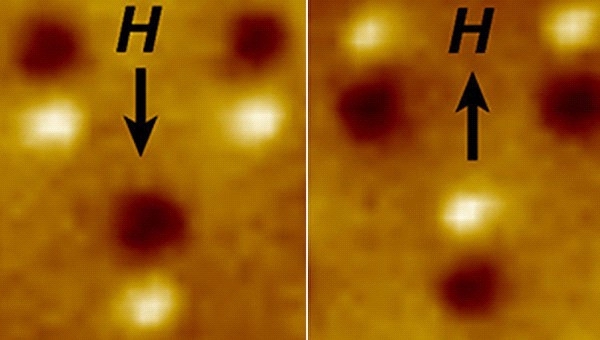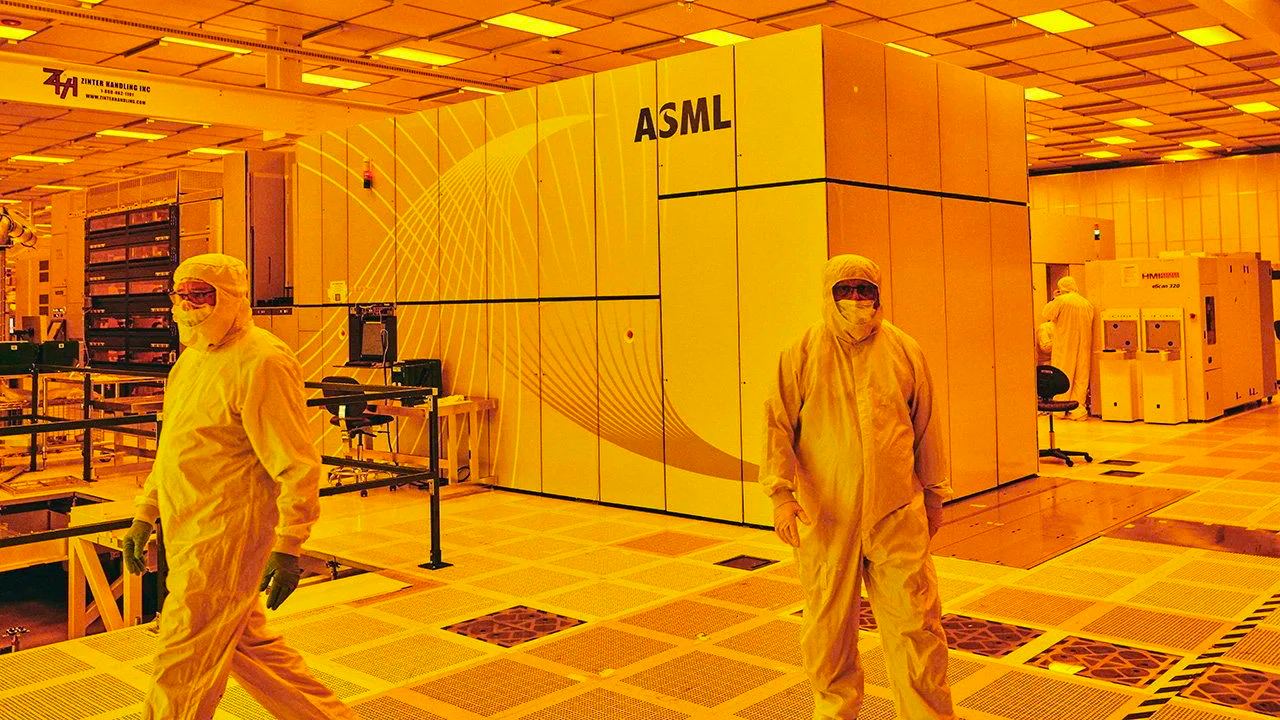10:04 12.03.2016
Physics from the USA has created a super saver magnetic chip that spends on recording one bit of information a million times less energy than classical transistors in modern semiconductor computers.

© Jeongmin Hong, Jeffrey Bokor
MOSCOW, 12 Mar – RIA Novosti. Scientists from UC Berkeley have developed and the world hath revealed unusual magnetic chips that is spent on making all elementary operations a million times less energy than the transistors in modern semiconductor computers, according to a paper published in the journal Science Advances.
“The main problem in the development of modern computers, and, in principle, all the existing electronics are Energocapital these devices. Increase the speed of operation of transistors requires more and more energy. The chips become so hot that they literally melt while you work,” said Jeffrey Bokor (Jeffrey Bokor) from the University of California at Berkeley (USA).
According to Bokor, his team tried to understand how in principle it is possible to reduce the consumption of microelectronic devices, experimenting with alternatives to modern silicon transistors.
As the scientists explain, one of the most attractive alternatives of this kind are magnetic bits, in which ones and zeros are not playing streams of electrons, and the direction of magnetization of small nanoparticles. “The coup” this direction on the return requires a relatively small and fixed amount of energy, and the Bokor and his colleagues have suggested that this will significantly reduce the appetites and the heat dissipation device.
The results of the experiment exceeded their expectations – write and read one bit of information their chip spent a total of four zeptojoule (10 to the minus 21 degree Joule). Such a value a million times less than the amount of energy spent by modern computers to process a single bit.
Moreover, as shown by measurements of the Bokor and his colleagues, it corresponds to the so-called Landauer limit of the theoretically minimum amount of energy (three zeptojoule) that any computer system have to spend to manipulate with one bit of data regardless of its technical implementation. This means that the chip has reached the maximum possible efficiency, and that humanity can create a much more efficient computers than those that exist today.
As the scientists, the chip is still far from practical applications and should not be expected that the ultra-low-cost computers will be in stores tomorrow or next year. However, its creation suggests that their development is possible and not science fiction.
Physics reduced the energy appetite of computers a million times







